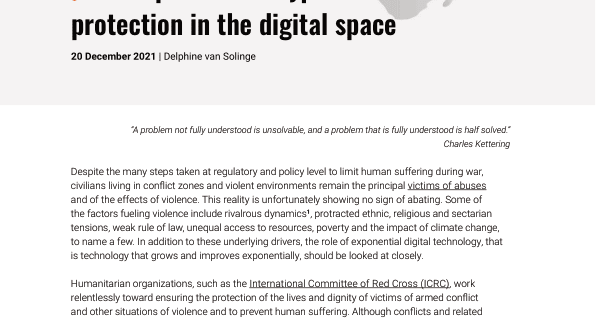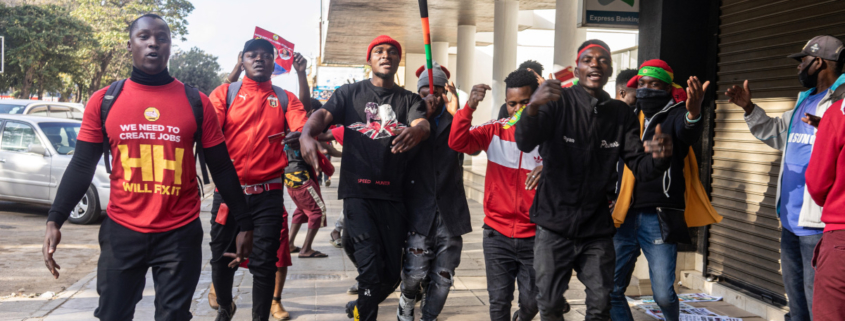WSDOT security at Camp Hope
An initial group of security officers have arrived at the homeless encampment, with more on the way.
SPOKANE, Wash. — As conflicts over the homeless encampment near I-90 and Freya Street reach a head, occupants at the camp are finding themselves in the middle as the city and the Washington State Department of Transportation (WSDOT) hash out what happens next.
As part of a four-step plan to clear the encampment, WSDOT has hired security to patrol the area. Contracted by Security Services Northwest, this security is part of the Right of Way Safety Initiative to address safety at homeless encampments across Washington.
According to WSDOT, an initial set of security is onsite at the camp and more will arrive in the coming days. The security will provide a 24/7 patrol around the encampment and will work with staff on-site at the encampment to control access at the entry gate.
“While security is a significant component in the plans of the state agencies and outreach partners, it is important to note that security staff are not law enforcement,” WSDOT said in a statement.
Spokane County Sheriff Ozzie Knezovich’s deadline to clear the homeless camp is steadily approaching, and now both occupants and non-profit organizations are racing to find long-term solutions that appease both sides of the coin. Introducing security and fencing to the encampment is WSDOT’s second step in clearing the site.
WSDOT’s next move is to now help residents transition to appropriate shelter and housing. Once residents are moved off the site, clean-up and restoration of the WSDOT land will begin.
DOWNLOAD THE KREM SMARTPHONE APP
DOWNLOAD…



